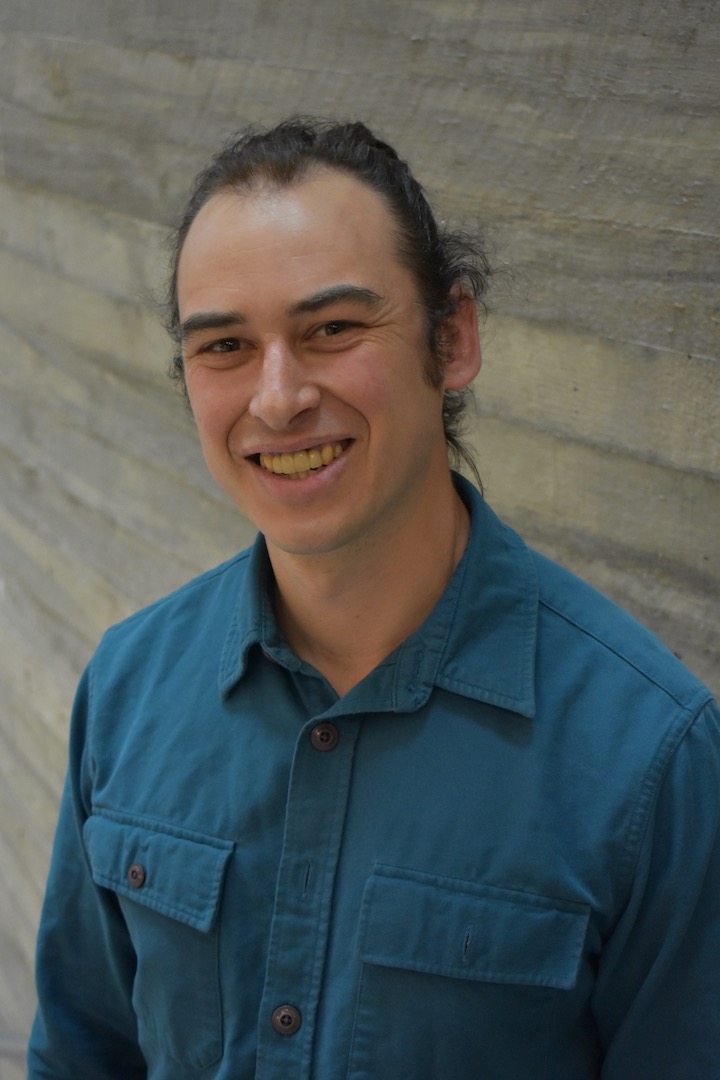There’s a saying that goes, “Think globally, act locally.” Max Rome, a PhD candidate in the Department of Civil and Environmental Engineering, is living up to that saying with his research at Northeastern. Doing research that straddles the line between ecology and environmental engineering, his work on combatting toxic algae blooms in the Charles River is a project he connects with on a very personal level.
As a native of Cambridge, the river has featured in Rome’s entire life, and for as long as he can remember, he’s been fascinated by the ecosystems that exist in his local bodies of water. “When I was a kid, my absolute favorite thing to do was to spend time in a pond with a net.” He recalls, “I’ve always been incredibly fascinated by what’s going on in the water.”
Rome came to Northeastern for the opportunity to work with a local nonprofit, the Charles River Conservancy Group, where he’s helped to measure the river’s levels of contamination by fecal matter and the toxic organism cyannobacteria, commonly known as blue-green algae, in order to determine if the river is safe for swimming. “What we found over the last two years is that the Charles is super clean when it comes to fecal contamination,” he explains, “but the cyannobacteria are a really big problem. That’s the real obstacle.”
To track the health of the river, his research has focused on the state of the food chain in the Charles. “In a healthy water body, there are populations of zooplankton to eat the algae as it grows, keeping it in check, before they are in turn eaten by fish,” he explains, “But in the Charles, our preliminary data indicates that this population of zooplankton is badly depleted. With no zooplankton to eat the algae, there’s nothing to upcycle that biological energy into a form where it’s less harmful.”
Currently, Rome and his research partners are preparing for the next stage of their work: finding the recipe to restore the ecological balance in the Charles River. “What’s missing right now are the engineering parameters,” he explains, “What we want is to be able to say, ‘this is our water quality goal, this is how many square feet of constructed wetland we will need to achieve that goal’. To do that, first we have to work out that sizing requirement.”
While he is enjoying his research and studies at Northeastern, Rome is looking ahead to when he hopes to complete his PhD in 2022, when he hopes to work with one or more of the watershed associations in the Boston area. “They do a really cool mix of research, project management and legislative advocacy, and that’s something I could definitely see myself being involved with.”

